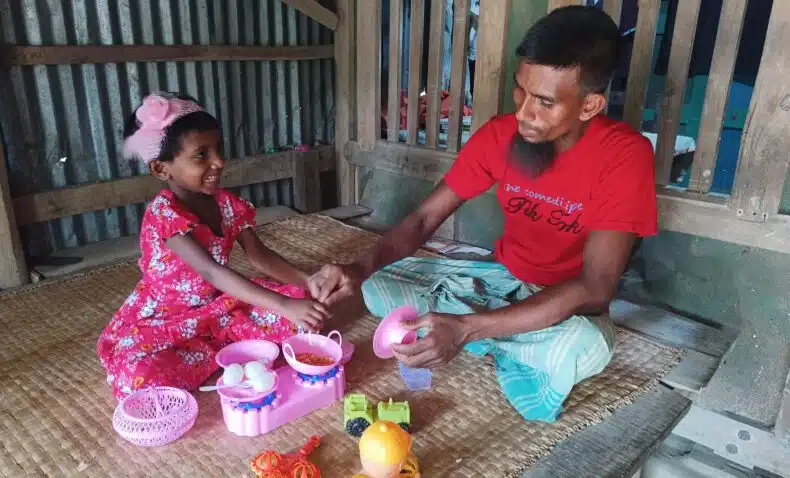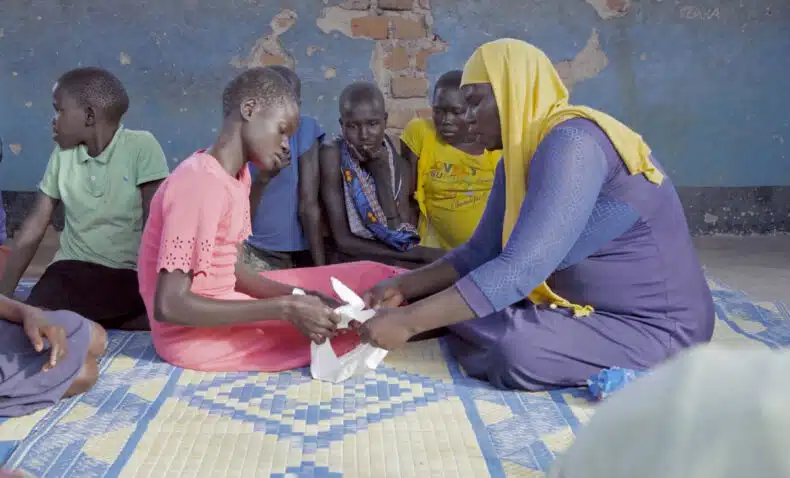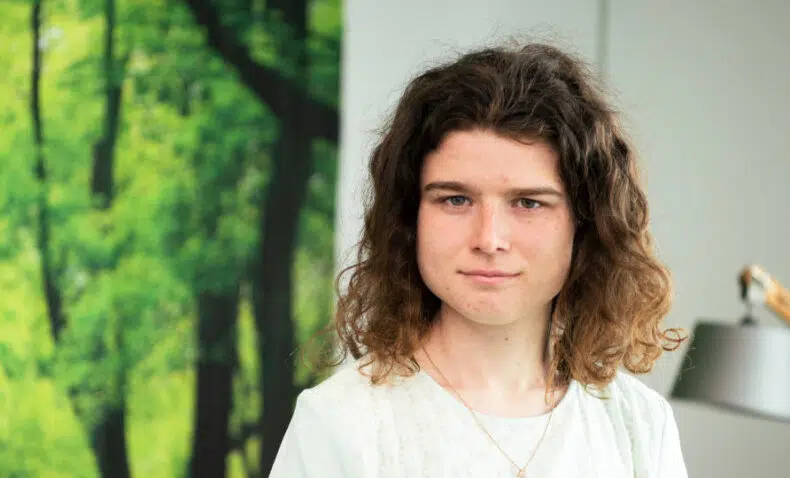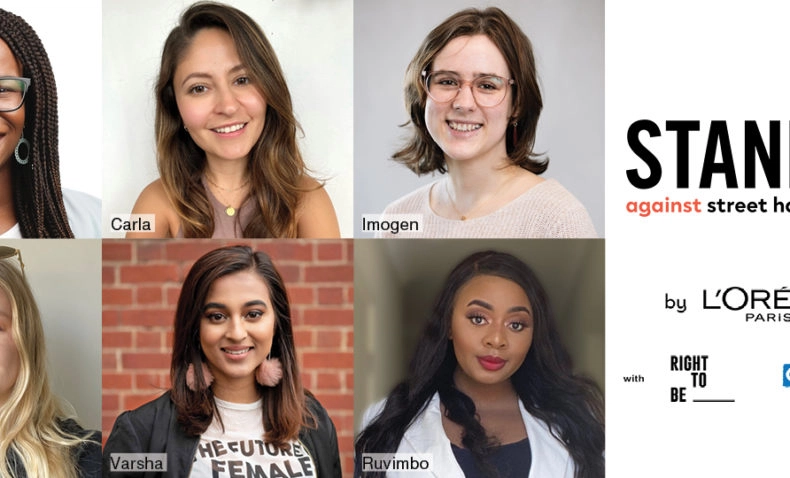Here’s how we’re helping keep girls safe
The fear of violence robs girls of their freedom to move freely in their own city. It makes emergencies and conflict more dangerous. It excludes them from fully participating in a society that belongs just as much to them as it does to their male peers.
Plan International is working with girls, boys, communities and decision makers to build a safer world for girls. We are including the voices of young people, especially those most vulnerable in the redesign of cities. We are also introducing the world’s first open source, rights-based digital birth and death registration software products to protect the rights of children.
From grassroots advocacy led by girls to child protection programs in areas of conflict, we’re eroding the attitudes that allow violence against girls to flourish.
And best of all, we’re centring girls as agents of change in their own communities.
The role of men in ending violence against women
Protecting girls from violence is a core part of our work. But truly overcoming gender inequality is only possible by including boys and men. That’s why we work with people of all genders to discourage norms and behaviours that perpetuate violence and encourage healthy relationships between men and women from a young age.
By raising boys to know that violence is never acceptable, we’re eradicating the sexism and misogyny that can fuel it and raising a new generation that says no to violence in all its forms.
Our research
All of our overseas program work is informed by evidence, and we’re always learning. Read our latest reports and publications on gender-based violence.
Your support can mean girls and young women around the world are free from violence
Lost in conflict: Kaka’s story
At the age of eight, Kaka* became separated from her parents after her village was attacked by armed men. She fled to Chad for a while, before returning to her home in Diffa region, Niger. Unable to find any of her family members, Kaka says she felt alone and abandoned. Fortunately, she met Fatimé who became her guardian and took her into her home.
With support from Plan International, 16-year-old Kaka is now receiving the help she needs. She often takes part in training sessions on gender-based violence organised by the village protection committees and has learnt tailoring skills so she can earn an income.
Thanks to this support I am independent. This has given me hope and allowed me to regain my dignity. Today, I am very busy with my job. I am happy- Kaka
(*Name has been changed to protect identity)
Nyalat is championing girls’ rights in a refugee camp
At only 13, Nyalat was forced to flee violent conflict in South Sudan and resettle with her younger sister in a refugee camp. But the dangers didn’t end there
“Girls face different challenges here, we couldn’t go to school and we were forced to do all the domestic chores for everyone. During our menstruation, we were isolated for days without food. Worse still, there were rapes and abductions in the camp and girls felt very unsafe here,” says Nyalat.
For many girls, refugee camps can pose new risks of violence and exploitation. But Plan International is working to make camps a safe, supportive environment for all children.
One way we’re doing this is through our adolescent girls’ club. These clubs work with the refugee community to prioritise girls’ wellbeing and education and raise awareness of issues like gender-based violence, and sexual and reproductive health.
Since joining the club, Nyalat, now 15, is back in school and knows how to protect herself. But she’s also become a powerful activist, educating other girls on their rights and changing community attitudes about what girls can achieve. Nyalat hopes to fulfil her ambition of becoming a doctor and has resumed her studies.
Life has improved now, I miss my home and family but living in this camp has given me hope that there can be life after conflict.- Nyalat, 15, South Sudan.




